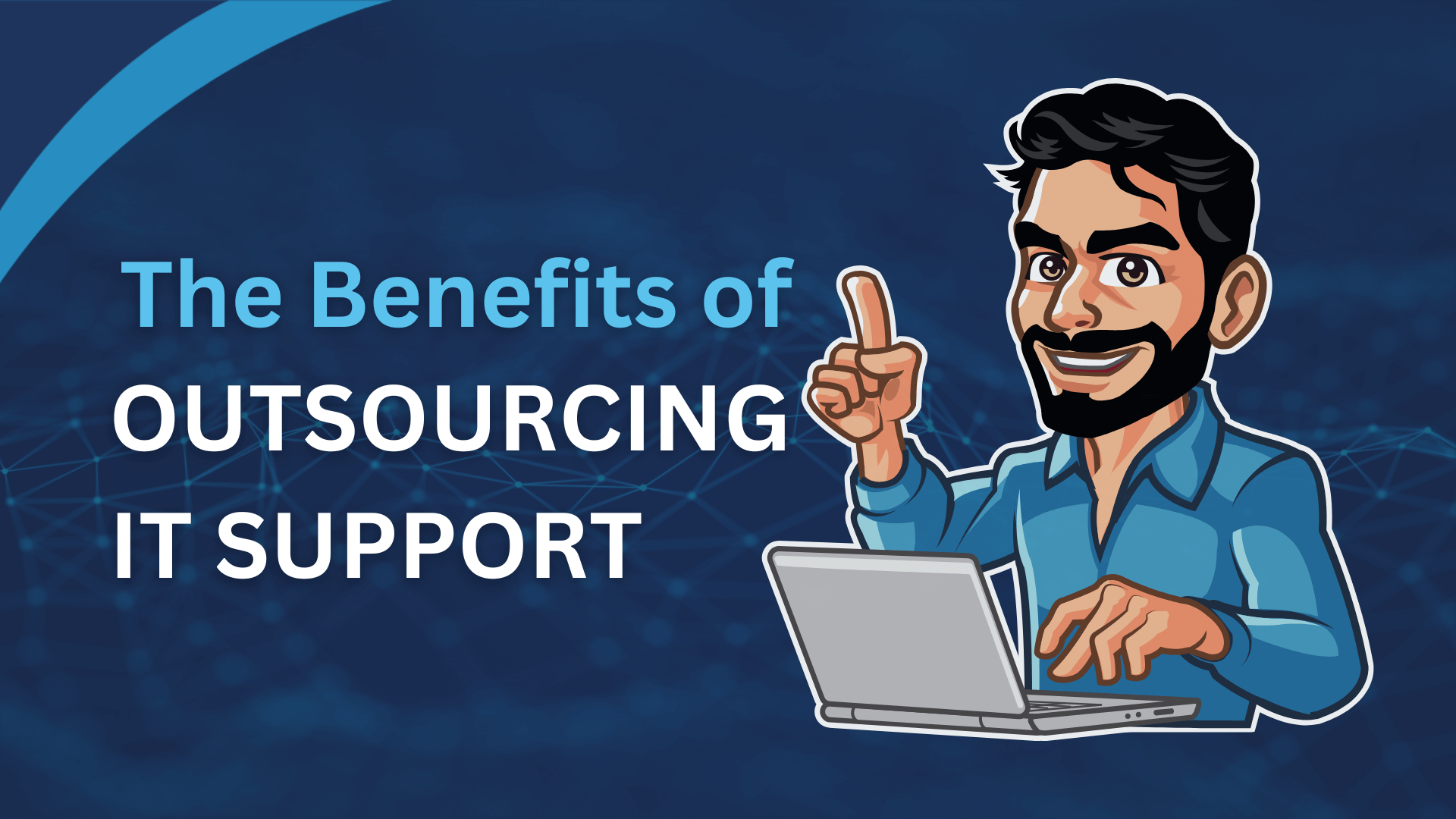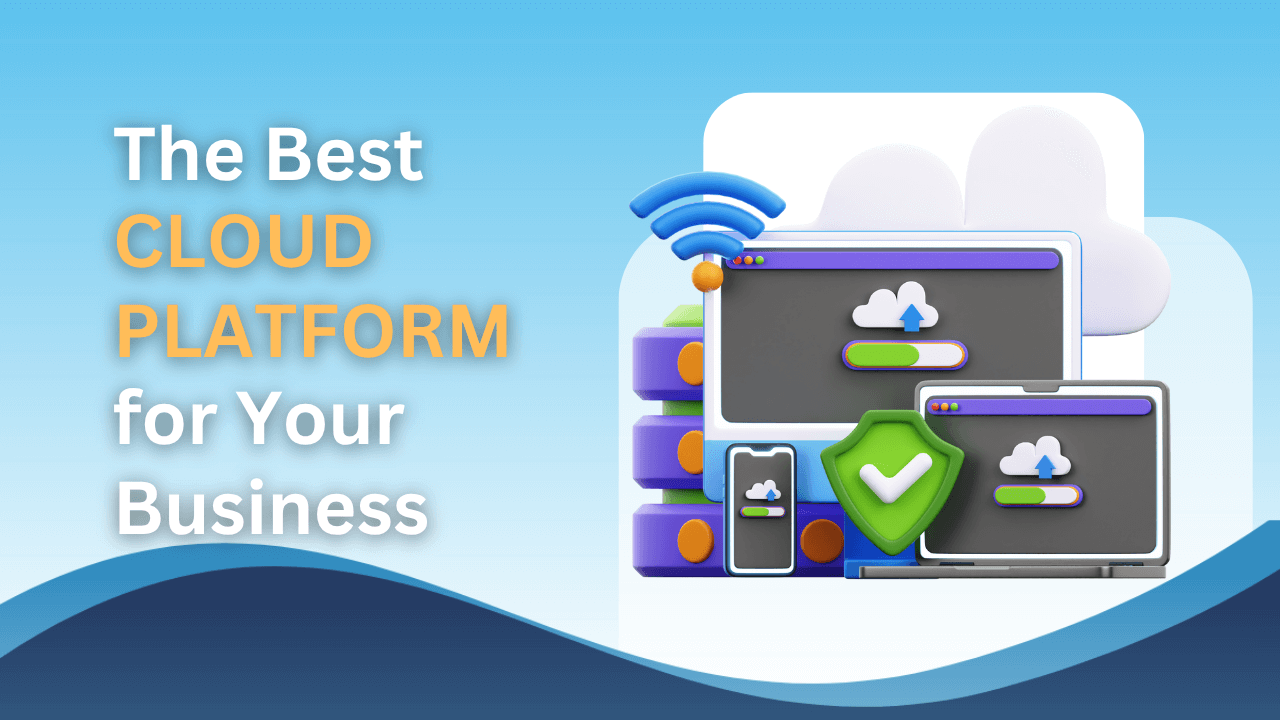VPN stands for Virtual Private Networks, is a service that allows you to securely connect to the internet via a server run by a VPN provider. Meaning, rather than all your network traffic flowing through your personal or company’s network, instead, it is routed via a completely different connection. VPN can be used to access region-restricted websites, shield your browsing activity from prying eyes on public Wi-Fi, and more.
How does it work?
In general, you are connecting to the internet through your ISP (Internet Service Provider), which then allows you to access any websites or other online resources. All of your internet traffic passes through your ISP’s server and they can be seen by your ISP.
However, when you use VPN to connect to server run by your VPN provider via an encrypted connection, all the data travelling between your computer and your VPN server is encrypted, meaning no one can see it.
Why do you need a VPN?
VPN can be very useful especially for a business if you want to maintain high level of privacy and security. When it comes to business data, there is clearly a vital need to keep your company network and internet connection secure and to allow for secure remote access facilities too. Below are 2 major benefits using VPN:
- Access a business network while travelling: It allows your employees to access your business network to access its resources while they are on a business trip. The business local resources don’t have to be exposed directly to internet, which is what your business probably want.
- Hide your browsing activity from your local network and ISP: This is especially useful if you want to use a public Wi-Fi connection. Your browsing activity on non-HTTPS websites is visible to everyone nearby. If you use VPN, your travel data will be encrypted and no one can see. This provides security both to you personally and your company.
However, there are some downsides of a VPN. First thing is that your VPN provider can know what you get up on the internet. So instead of trusting your ISP, you are trusting VPN provider to protect your privacy. Therefore, it is important to choose a trustworthy VPN provider. And the second thing is that your internet will slow down depends on how far you VPN provider is. If you VPN provider is oversea, then your internet will be very slow due the distance that data will be travelling.



